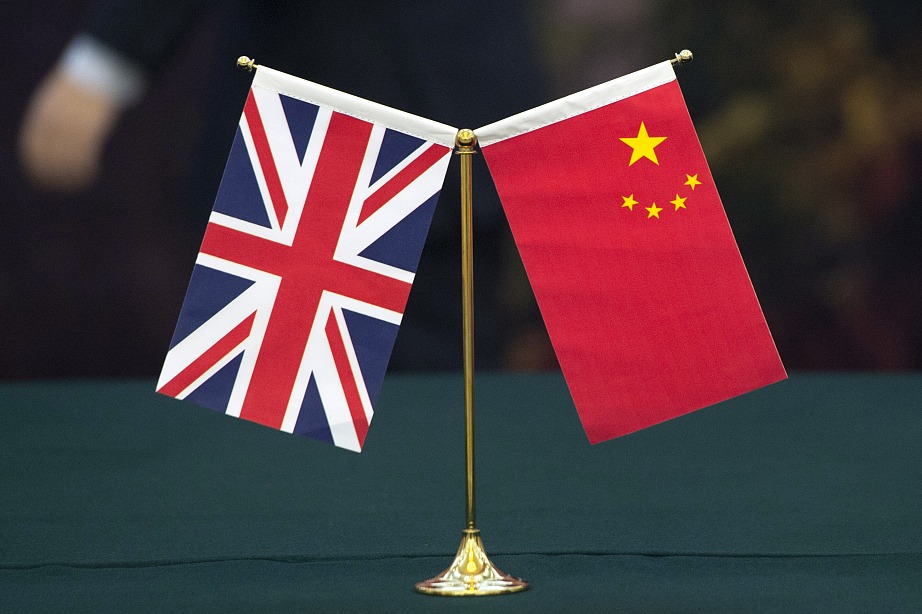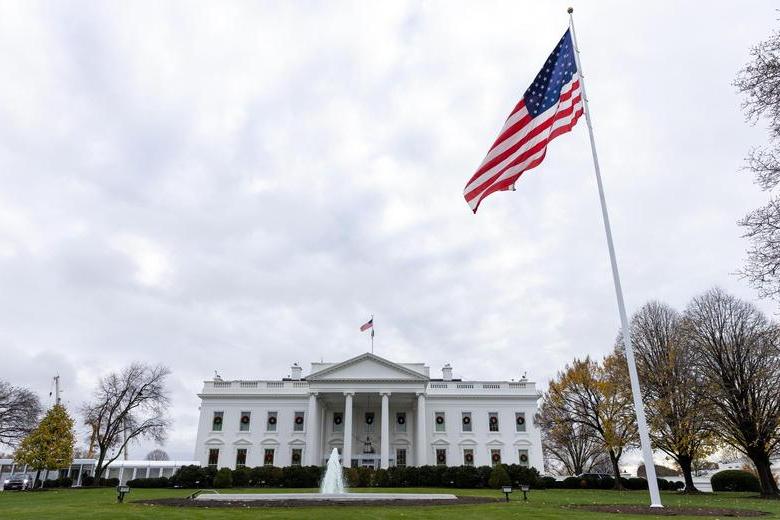AI policies hold key to continent's prosperity


The rapid growth of artificial intelligence presents an opportunity for Africa to provide solutions to some of its most pressing problems, such as food security, healthcare and financial services. And it could lead to eventual economic growth and inclusive development.
AI is considered a combination of technologies that enable machines to adopt humanlike intelligence to sense and comprehend their environments, and consequently take appropriate actions to fulfill a particular task.
According to a 2017 PwC report, "AI could contribute up to $15.7 trillion to the global economy in 2030, more than the current output of China and India combined".
The scourge of COVID-19 has escalated efforts to develop technological innovations in Africa.
The design and adoption of artificial intelligence to address Africa's policy challenges in the 21st century has gained significant traction.
According to the 2019 Artificial Intelligence Readiness Index, an AI-ready government is one that exhibits strong political will and a capacity that supports innovation.
These developments have begun to challenge traditional decision-making models, and new power models are emerging from below, particularly from young people. This approach has yielded the emergence of a new, broad-based economic growth model.
The 2019 report ranks Kenya first in Africa and 52nd globally out of 194 countries and regions in terms of government readiness to adopt AI. Other African countries high on the list include Tunisia, Mauritius, South Africa and Ghana.
Despite government willingness to support AI-oriented policies, the challenge remains the quality and quantity of data that a government may make available to innovators to develop credible and relevant AI solutions.
Although data access remains a constitutional right in many African countries, access procedures remain painstakingly laborious.
Leading African countries in terms of government-data availability include South Africa at 40 percent, Tunisia at 22 percent, Tanzania at 20 percent, Zambia at 19 percent, and Lesotho and Gambia at 16 percent.
Microsoft's Artificial Intelligence in the Middle East and Africa 2019 Outlook report estimates the value of South Africa's investment in AI at $1.5 billion, Nigeria's at $555.3 million and Kenya's at $119.7 million.
Key variables used to determine these results include government support for startups and innovative business ideas and operations. Comparatively, this is a meager contribution if African countries are to reap benefits from AI investments.
African countries are expanding their footprints in blockchain technology in specific economic sectors.
In Kenya, for example, government departments-especially the ministries of land, health, internal security and foreign affairs, and the banking sector-are already experimenting with blockchain technology to enhance the efficiency of public services.
African countries are increasingly seeking partnerships with international tech companies to expand their AI industries.
Recently, the Chinese company Alibaba committed $10 million to the African Young Entrepreneurs Fund, which aims to support youth entrepreneurship and small businesses. It also is committed to seeking partnerships with African universities to teach internet technology, AI development and e-commerce.
Google has partnered with African stakeholders to establish an AI-research center with headquarters in Accra, Ghana. This initiative is expected to bring researchers and engineers from Africa and around the world to leverage AI technology and provide solutions for Africa's pressing needs.
IBM Research Africa has also partnered with Kenya and South Africa to establish the continent's first commercial-technology facilities. The establishment is designed to develop commercially viable, innovative solutions to transform the public service sector.
Undoubtedly, Africa's emerging AI industry has the potential to bridge the gap with more developed economies. If the continent is to secure economic growth and global competitiveness, it must take the earliest opportunity by investing in the formulation and development of AI policies.
Above all, Africa should encourage learning about relevant policies from leading economies and innovate to adapt these lessons locally.
The author is a lecturer of public policy at Kenyatta University and a senior associate at the Africa Policy Institute, a Kenya-based think tank.

































